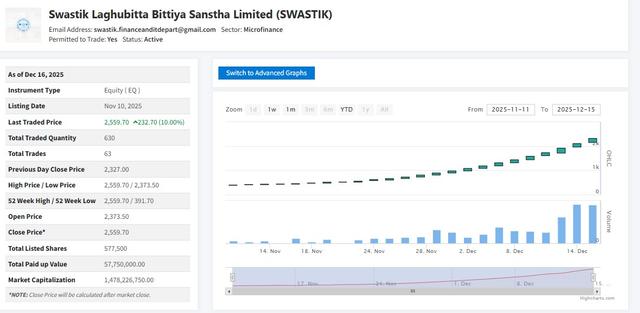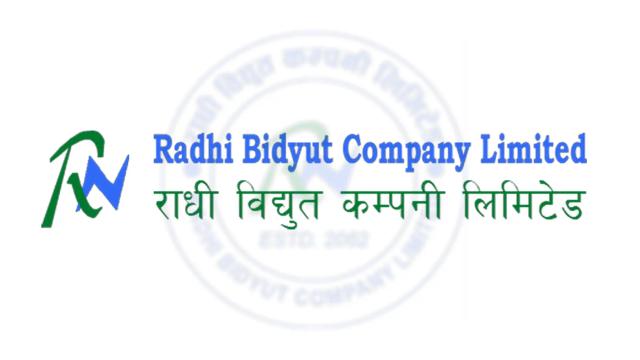History of Nepal's Stock Market
Author
Dipesh Ghimire

The stock market business in Nepal is considered to have started in 1937 when Biratnagar Jute Mills and Nepal Bank Limited issued shares to the public. Initially, Nepal Bank and the Jute Mills managed their own share sales. After the Company Act was introduced in 1964, the government issued its first bonds, but there was still no formal system for trading securities. In 1976, the Securities Exchange Center was established, marking the formal beginning of the capital market in Nepal.
Following the establishment of this center, which had the authority to trade government bonds and public company shares, significant development in the secondary market was expected. However, due to policy and institutional issues, the center's performance was impacted. To enhance its effectiveness, the Securities Transaction Act was introduced in 1983, with amendments following in 1986. Yet, the capital market did not develop as expected.
After political changes in 1990, economic liberalization policies greatly supported the dynamism of the capital market. The second amendment of the 'Securities Transaction Act 1983' led to the establishment of the Nepal Securities Board on June 7, 1993. On December 13 of the same year, the Securities Exchange Center transformed into the Nepal Stock Exchange (NEPSE). This change enabled the calculation of the NEPSE index.
In 2006, the government introduced the 'Securities Act 2006' to improve market operation and make securities trading in the secondary market easier. The 'Securities Market Operation Regulation 2007' was also introduced to regulate the capital market, which is now governed by these laws and regulations.
The stock market operation, which started from a corner of the Ministry of Finance in 1937, has evolved from physical locations to the current Nepal Stock Exchange office in Bhadrakali. Initially, investors crowded the office to trade, but now, brokers handle transactions, and with the adoption of an automated online system, shares can be bought and sold from home via the internet.
While the stock market has an 80-year history, NEPSE has made significant strides in the last two decades. In 2007, NEPSE began trading through an automated system and established the CDS and Clearing House in 2010. However, it faced operational challenges until 2015 when share dematerialization made trading easier and more secure, enhancing the stock market's integrity. The Nepal Securities Board has also implemented many reforms to improve the market. The number of active investors in the capital market is increasing daily.



